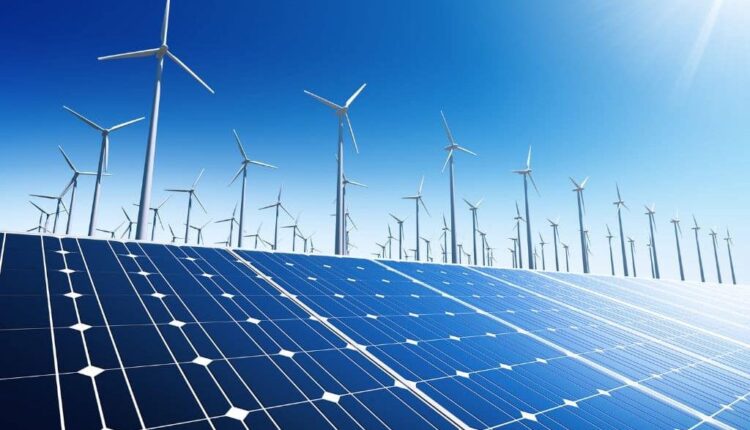In many parts of Nigeria, darkness falls as soon as the sun sets. Millions of households still rely on candles, kerosene lamps, and firewood for lighting and cooking. Frequent power outages have forced businesses to depend on noisy, expensive generators. But beyond the inconvenience lies a deeper challenge: lack of electricity is a major driver of poverty in Nigeria.
Today, a shift is underway — the global push for cleaner, renewable energy sources. For Nigeria, this transition offers not just environmental benefits, but a critical opportunity to reduce poverty and expand access to opportunity.
Energy Access: A Pathway Out of Poverty
Energy poverty — the inability to access reliable electricity — directly impacts health, education, and economic growth. Currently, nearly 90 million Nigerians are without electricity, with rural communities hit the hardest. Without light, children cannot study after sunset. Clinics struggle to store vaccines or operate essential equipment. Businesses spend more on fuel than they do on salaries. In all these ways, energy poverty feeds financial poverty.
Clean Energy: A Game-Changer
Nigeria’s abundant sunshine positions it perfectly for solar energy adoption. Solar panels don’t need to be connected to the national grid, making them ideal for rural communities. Wind and mini-hydro systems also offer viable options, powering schools, health centers, and small businesses.
Unlike large, fossil fuel-based power plants, clean energy projects can be deployed faster and more affordably, reaching underserved communities more quickly and driving inclusive growth.
Green Jobs and Economic Growth
While the energy transition may reduce jobs in oil and gas, the renewable sector opens up vast new opportunities. From manufacturing solar panels to installing and maintaining systems, new jobs are emerging in engineering, construction, and technical services.
With training programs and support, former oil workers and young people in rural areas can build careers in the green economy. Studies have shown that clean energy investments create more jobs per dollar than fossil fuels, boosting income and economic resilience.
Reducing Costs, Improving Lives
Adopting clean energy also cuts down on everyday expenses. Nigerians currently spend a significant portion of their income on fuel for generators and transportation. Solar and other renewable sources offer more stable and affordable energy, allowing families to save, businesses to expand, and governments to redirect subsidies to health and education.
What’s Needed Now
To fully realize these benefits, Nigeria must put supportive policies in place. Financial institutions should provide low-interest loans for renewable projects. Public awareness campaigns can help people understand how clean energy improves their lives. Crucially, local communities must be involved in planning and maintaining energy systems — ownership drives sustainability.
Energy transition is more than a global climate mandate — for Nigeria, it is a key to unlocking prosperity. With strategic investments, public support, and strong leadership, renewable energy can light up homes, power businesses, and lift millions out of poverty. Now is the time to treat access to energy as a basic human right — not a privilege.

